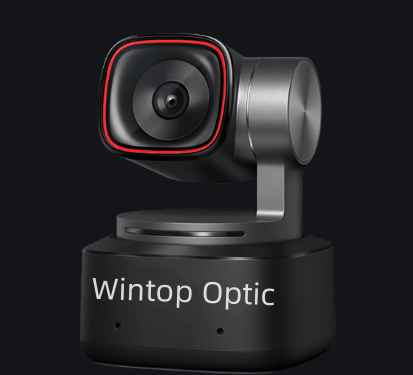What Are You Looking For?
What Are You Looking For?
Tel : 86 153-0268-9906
Email : yorty@yuntal.com
What is a CMOS Lens?
Sep 05, 2024
To understand what a CMOS lens is, we first need to understand CMOS technology. CMOS stands for Complementary Metal-Oxide-Semiconductor. This technology is widely used in the production of image sensors found in cameras. CMOS sensors are a type of image sensor that converts light into electrons, which are then processed to create digital images. Unlike older CCD (Charge-Coupled Device) sensors, CMOS sensors are known for their lower power consumption, faster readout speeds, and lower manufacturing costs.
The term "CMOS lens" can be somewhat misleading. In reality, CMOS refers to the image sensor technology, not the lens itself. However, in common usage, a CMOS lens is a lens designed to work with a CMOS sensor in a digital camera or other imaging devices. The lens focuses light onto the CMOS sensor, which captures the image. The quality of the lens directly affects the quality of the image captured by the CMOS sensor. A high-quality CMOS lens ensures sharpness, clarity, and color accuracy in the resulting images.
Features of CMOS Lenses
CMOS lenses are available in various designs, sizes, and specifications to cater to different applications. Some key features that define CMOS lenses include:
1. Aperture Size: The aperture size of a CMOS lens determines how much light it can gather. Larger apertures allow more light to reach the CMOS sensor, which is crucial for capturing clear images in low-light conditions.
2. Focal Length: The focal length of a CMOS lens affects the field of view and magnification of the captured image. Lenses with a shorter focal length provide a wider field of view, while lenses with a longer focal length offer higher magnification.
3. Lens Coating: The quality of a CMOS lens is often enhanced by anti-reflective coatings. These coatings reduce glare and reflections, ensuring optimal light transmission and reducing lens flares.
4. Compatibility with CMOS Sensors: CMOS lenses are specifically designed to work seamlessly with CMOS sensors. They are optimized for the sensor’s pixel size, ensuring maximum light efficiency and image sharpness.
Applications of CMOS Lenses
CMOS lenses are widely used in various applications, ranging from consumer electronics to industrial and scientific equipment. Some common applications include:
1. Digital Cameras and Smartphones: CMOS lenses are integral components in digital cameras and smartphones. They provide the optical performance needed for high-resolution photography and videography.
2. Surveillance and Security Systems: CMOS lenses are widely used in CCTV cameras and surveillance systems due to their ability to capture clear images in various lighting conditions.
3. Automotive Cameras: In the automotive industry, CMOS lenses are used in backup cameras, dashcams, and advanced driver-assistance systems (ADAS) to provide clear and reliable imaging.
4. Medical and Scientific Imaging: CMOS lenses are employed in medical and scientific imaging devices, such as microscopes and endoscopes, to capture detailed images for diagnosis and research.
CMOS lenses, often found in cameras and imaging devices, play a critical role in capturing high-quality images and videos. These lenses are crucial in capturing high-quality images across a wide range of applications, from everyday photography to advanced scientific research. With advancements in CMOS technology, the quality and capabilities of CMOS lenses continue to improve, making them an essential component in modern imaging systems.
Tags :